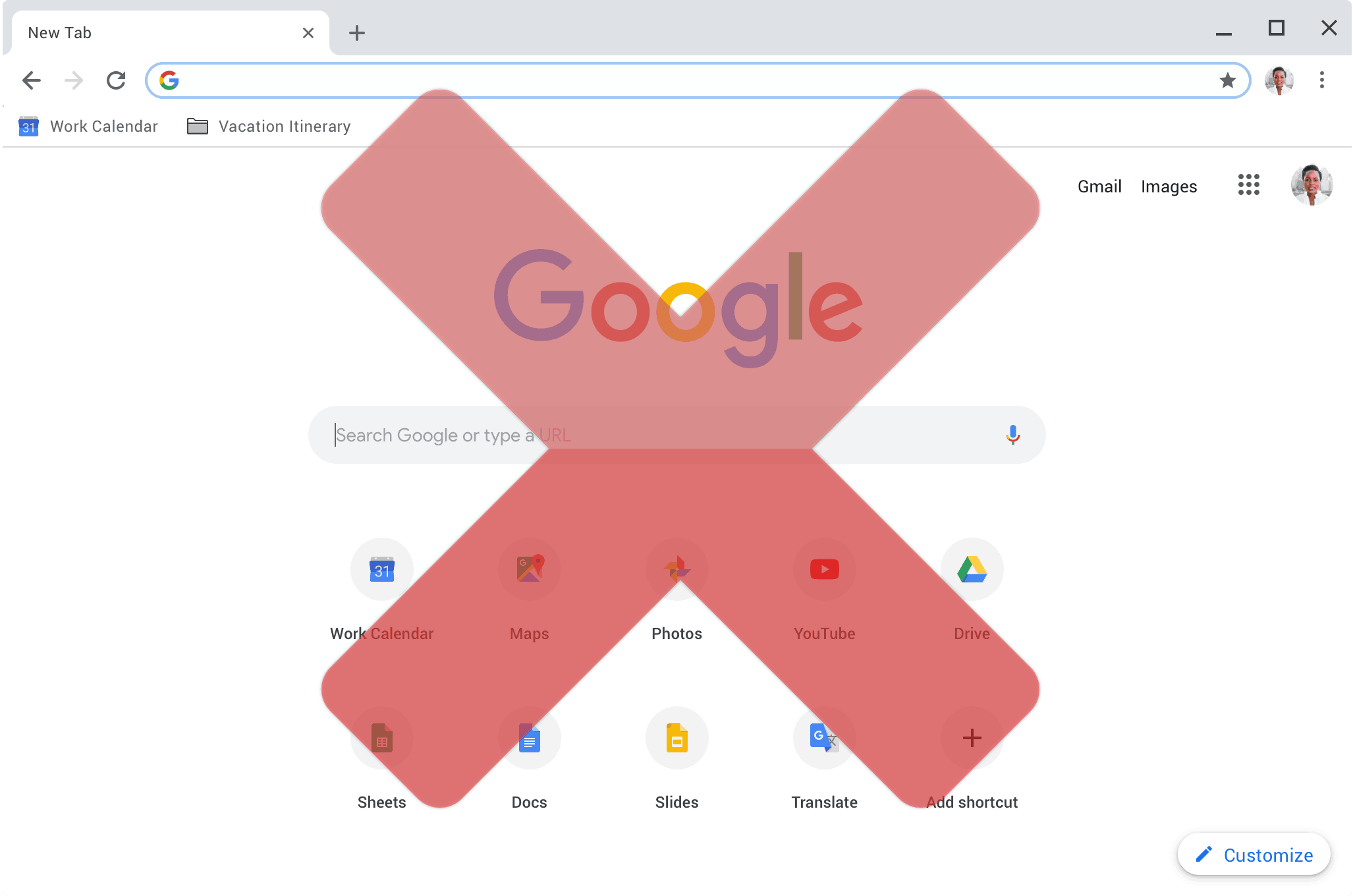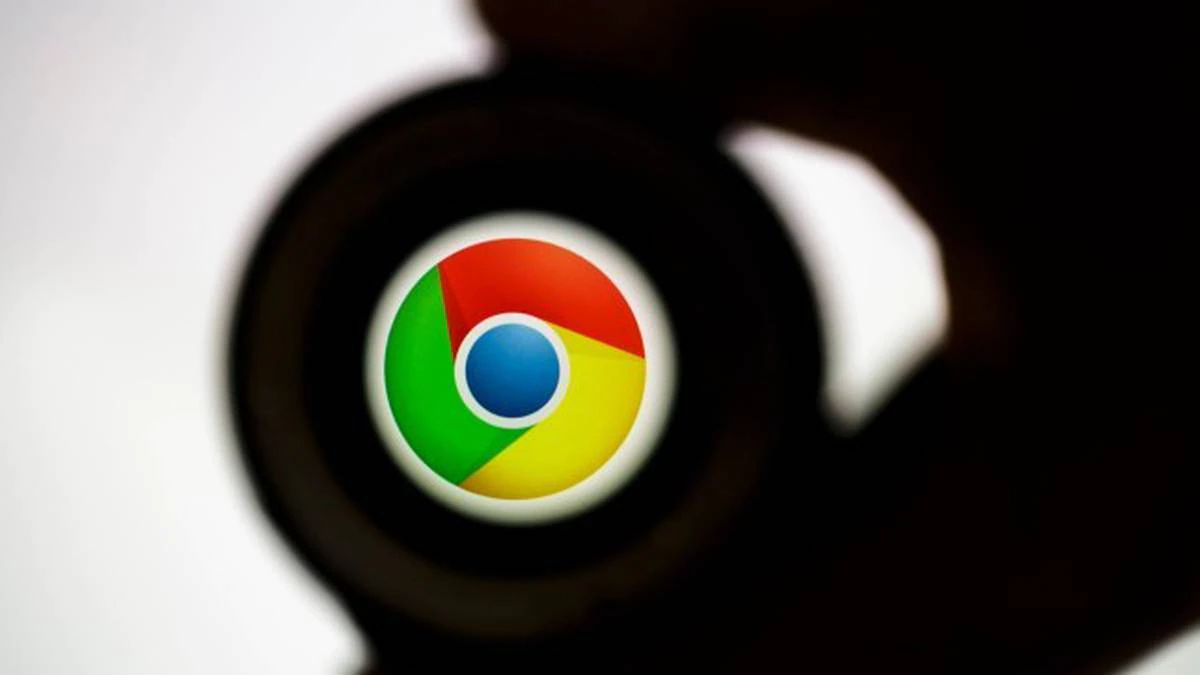More On: Chrome
We should stop using Chrome
Chrome not only collects your information, but also gives Google a lot of power over how the web works.
Even though Chrome has a bad reputation for privacy, it is still the most popular browser. About 65% of the market is taken up by the web browser, and two billion people use it every day. Apple's Safari, which is its closest competitor, has less than 20% of the market. Even before you think about how Chrome collects information, that's a lot of power.
Is Google too big and powerful? Should you stop using Chrome? Experts say that you can. Chrome is tightly connected to Google's infrastructure for collecting data, which includes services like Google Search and Gmail. Because Chrome is the most popular browser, it has the power to help set new standards for the whole web. Chrome is one of the best ways for Google to gather information.
Privacy advocates, such as rival browser makers and government regulators, are upset with Google right now because it is making changes to Chrome that will get rid of third-party cookies, which are trackers that follow you as you browse. Even though there aren't any solid plans for Europe yet, Google is planning to replace cookies with its own "privacy-preserving" tracking tech called FLoC. Critics say this will give the company even more power at the expense of its competitors because Chrome has so many users.

The fact that Chrome collects a lot of data is another reason to stop using it. Apple's iOS privacy labels say that Google's Chrome app can collect your location, search and browsing history, user identifiers, and information about how you use products to "personalize" your experience. Google says that this lets you turn on features like saving your bookmarks and passwords to your Google Account. But unlike Safari, Edge from Microsoft, and Firefox, Chrome connects this information to devices and people.
Chrome needs to handle browsing data, but it can take a lot of information about you and send it to Google, says Rowenna Fielding, founder and director of the privacy consulting firm Miss IG Geek. "If you use Chrome to surf the web, even in private mode, Google is always keeping an eye on everything you do online. This lets Google get a clear and complete picture of your personality, interests, weaknesses, and triggers.
When you link your Google accounts to Chrome, the information isn't the only thing that gets taken. When you put together information from other Google products, like Gmail and Google Search, you can get a scary-accurate picture. Chrome data can be added to your Google Maps geolocation history, your Gmail metadata, your social graph (who you talk to online and offline), the apps you use on your Android phone, and the things you buy with Google Pay. Fielding says, "That makes it very clear who you are and how you live your life."
Fielding says that data from Google Pay can be used "in the same way as data from other Google services," which means that it can be used to track your online and in-person purchases as well. "This is not just what you buy, but also your location, device contacts and information, and the links that these details provide so that you can be identified and profiled across multiple datasets."
Google has more power than just the market share of browsers it makes. Chromium is the engine that other browsers, like Microsoft's Edge, are built on. "So under the hood, they are still Chrome," says Sean Wright, a security researcher who works on his own.
Because Google has so much of the market, it has been able to create web standards like AMP for Google mobile search, which publishers must use to show up at the top of search results. And more recently, Chrome's FLoC gives Google control over the ad tracking tech that will replace third-party cookies. This tech is being built in the open, with feedback from other developers.
Wright says that Google's power lets it set the direction of the business world. "Some of these changes are good, like making HTTPS encryption the default, but others, like the FLoC proposal, are more about getting what they want.
Google says that its Ads products don't use Chrome's synced browsing history for anything other than stopping spam and fraud. The company says that the iOS privacy labels show the maximum categories of data that can be collected. What is actually collected depends on the features you use in the app and how you set up your settings. It also says that its open-source FLoC API is focused on privacy and won't give Google Ads products access to special features or privileges.
"Privacy and security have always been core benefits of the Chrome browser," according to Google. A Google representative talked about the Safe Browsing features that protect you from threats like phishing and malware, as well as the extra controls in Chrome that help you keep track of your information. Over the past few years, the company has added more ways for you to manage your data. "Chrome gives you helpful ways to keep your data in sync across devices, and if you choose to sign in, you can decide what activity gets saved to your Google Account," the spokesperson says.

But that doesn't change how much data can be collected or how much power Google has because it owns so much of the market and has an ad-driven ecosystem that works together. Matthew Gribben, a former GCHQ cybersecurity consultant, says that when a company has the majority of browsers and internet search, it suddenly has a lot of power. "When every web developer and SEO expert in the world has to cater to these whims, the focus shifts to making sites work well for Google at the expense of everything else."
And as long as people keep using Chrome and Google's other services, many of which are, to be fair, easier to use than those of competitors, Google's power doesn't seem to be going away. Fielding says that Chrome gives Google "huge amounts of behavioral and demographic data, control over how people browse, a platform for shaping the web to Google's advantage, and "brand capture." "People don't want to switch to a different browser when their favorite tools, games, and sites only work with Chrome."
Fielding says that in theory, competition and data protection laws should be able to stop Google from getting out of hand. But in practice, "that doesn't seem to work for a number of reasons, including the fact that Google and national regulators have different amounts of money and power." Fielding adds that Google is also helpful to many governments and economies, and it is hard to make a global company follow national laws.
You can lock down your account by not syncing Chrome and turning off third-party cookie tracking, among other things. But keep in mind that the more Chrome features you use, the more data Google needs to make sure they work right. And as Google's power and influence continue to grow, the only other choice is to stop using Chrome.
If you do decide to leave Chrome, there are many other privacy-focused browsers to choose from, such as Firefox, Brave, and DuckDuckGo, which don't send any of your data to Google.















